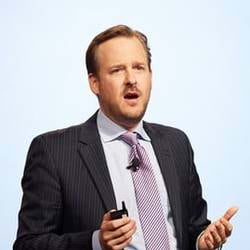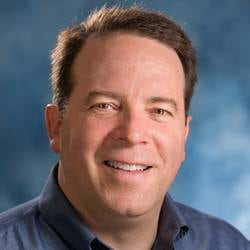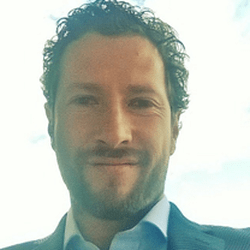Agenda
Predictive Analytics World London
etc.venues, 200 Aldersgate, 12-13 October, 2016
Workshops – Tuesday – 11 October, 2016
Dr. John Elder, CEO & Founder, Elder Research, Inc. (@johnelder4)
How to Avoid the Pitfalls of Moderated User Testing
Karl Gilis, Co-founder, AGConsult (@AGConsult)
Els Aerts, Co-founder and Managing Partner, AGConsult
Agile analytics – From Darkness to Enlightenment in a Day (a radical approach to digital analytics!)
Stéphane Hamel, Digital Analytics Thought Leader, Consultant (@SHamel67)
End of Workshops
Predictive Analytics World for Business - London - Day 1 - Wednesday, 12th October 2016
- What is the proper price for a product?
- What is the probability that an existing subscription will be renewed and how can that probability be increased?
- What other hotels will this hotel consider to be competitors?
- Who are the best prospects for a particular product?
- When will product A do better than product B on a particular page?

Dinner with strangers:
meet your fellow attendees.
See the registration desk for more information

 etc.venues, 200 Aldersgate,
etc.venues, 200 Aldersgate,
























